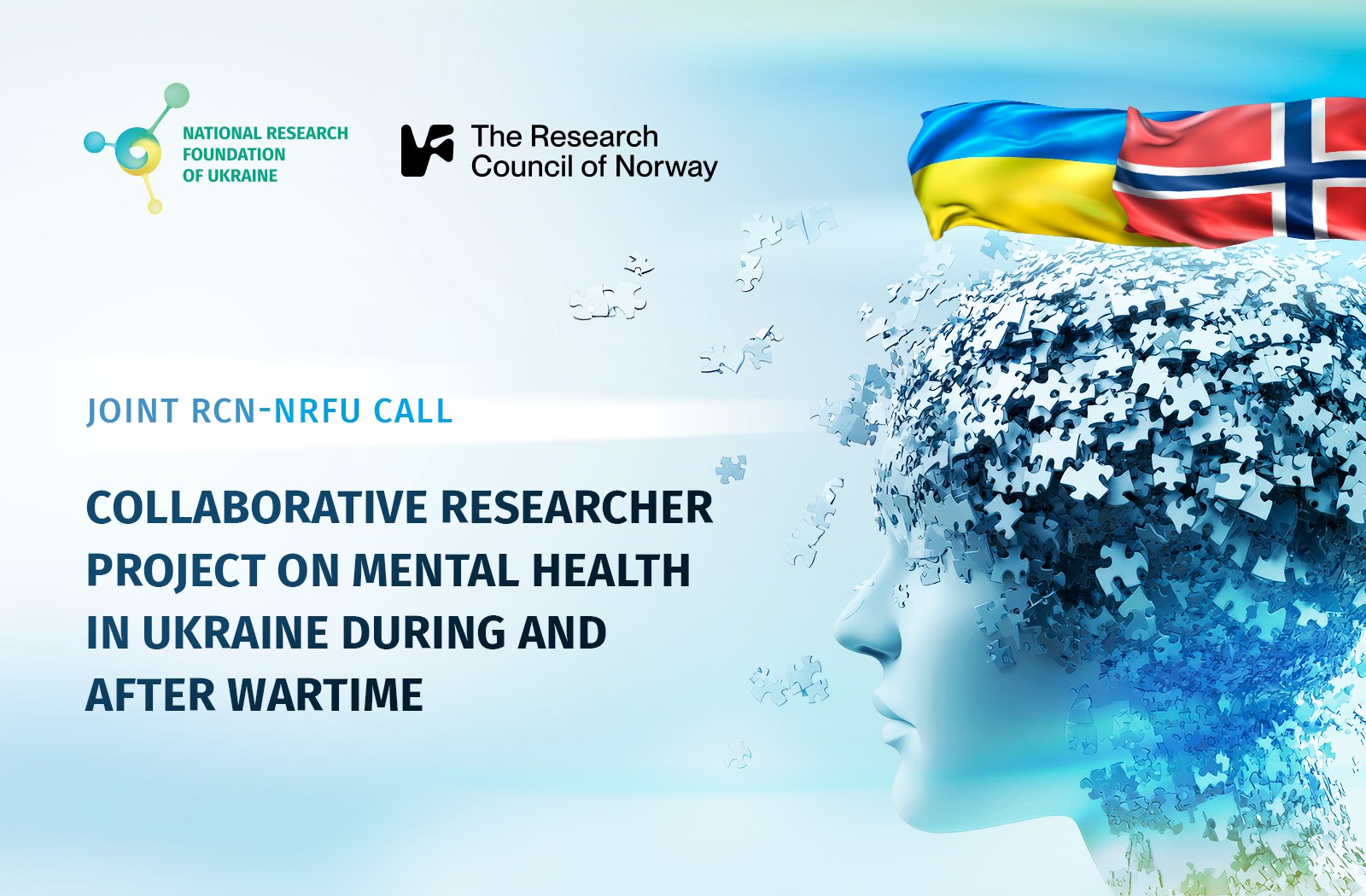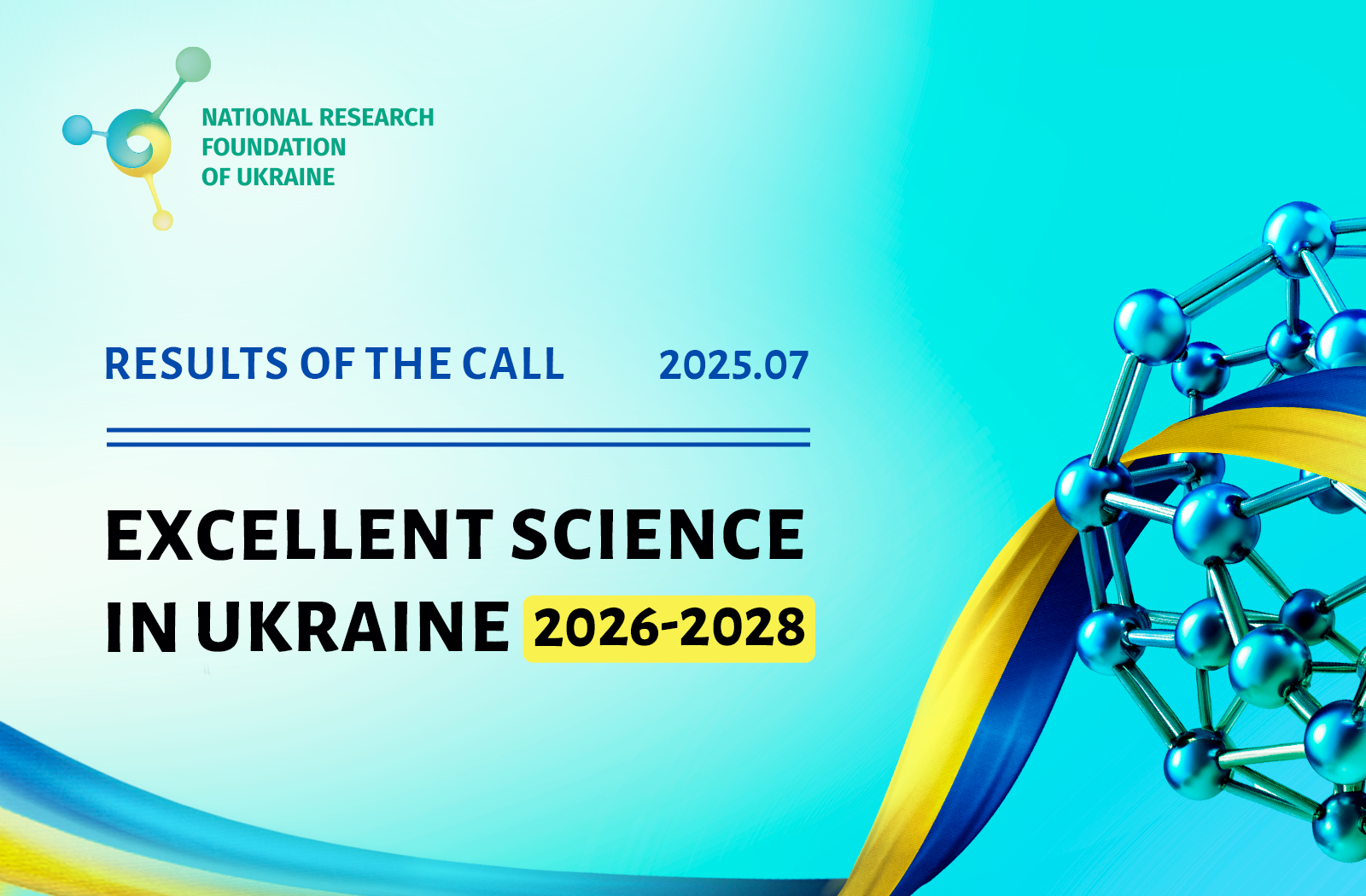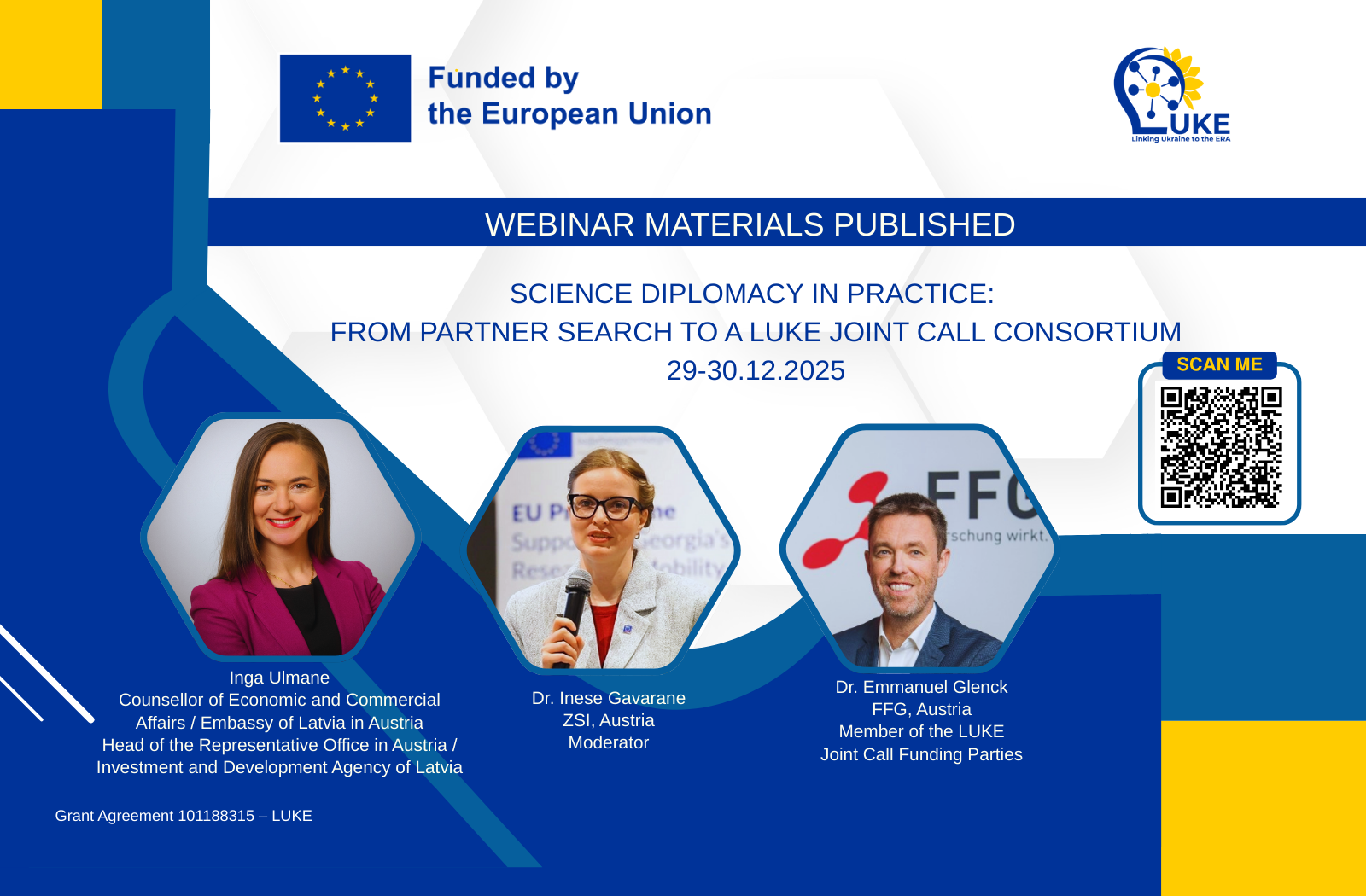Ukrainian scientists are contributing to the global problem of the most generic form of dementia, Alzheimer’s disease. Scientists from the Institute of Physiology named after O.O. Bogomolets of the NAS of Ukraine are convinced that one of the ways to stop the “disease of oblivion” is intermittent hypoxia. They are investigating its mechanisms and therapeutic possibilities in the project “Interval hypoxia as a new strategy for the treatment / prevention of Alzheimer’s disease: molecular mechanisms and therapeutic implementation” which won the call «Support for Research of Leading and Young Scientists» and received funding of more than 9 million UAH.
The first supervisor of the project was Tetiana Serebrovska, the founder of the Ukrainian Hypoxic School and one of the founders of the International Hypoxic Movement. Tetiana was a legend: she did some research during expeditions to Elbrus and the Tien Shan and was an expert on the NATO Scientific Committee on Alpine Hypoxia. The researcher has developed devices for hypoxic training, which have received Ukrainian and international patents and – guidelines for the using of hypoxic therapy in clinical practice.
Unfortunately, her life was interrupted by a covid pandemic… But important research did not stop – the work was continued by her daughter, a researcher of the Institute of Physiology named after O.O. Bogomolets of the NAS of Ukraine Zoia Serebrovska.
We talked to Zoia, asked about the history of research and the results that have already been achieved.
Scientists from their Institute have been studying the positive effects on the mental and physical characteristics of people in high-altitude climates for more than 50 years and have significant results. They are investigating the results of daily breathing with a mixture that has almost twice less oxygen (it’s like living in a valley and climbing 2,000-3,000 meters in a mountain every day and then going down). – In another words, patients go up and down every day – she said.
Moreover, they have also been working with general practitioners from the D.F. Chebotarev State Institute of Gerontology NAMS of Ukraine for many years. Doctors perform cognitive tests, determine the condition of the patient’s brain, conduct hypoxic training (before and after which blood samples are taken). – Studies have confirmed that patients’ brains work faster after hypoxia and memory improves. There was also a decrease in the concentration of amyloid in the blood (a peptide, a “piece” of protein that is thought to handle the development of Alzheimer’s disease). There have been positive changes in other markers associated with this disease – Zoia explained.
The researchers made a series of tests on rats: surgeries were performed that developed symptoms like Alzheimer’s, followed by hypoxic treatment. Studies have confirmed that interval hypoxia significantly improves the cognitive functions of animals. – The amount of amyloid in the brain of rat significantly decreased while the number of inflammatory markers decreased – the scientist added.
The research is performed on new equipment which was also bought with the grant funding of the NRFU. In particular, devices for cognitive tests with animals: video cameras and software. – The program allows you to observe and analyze what changes occur in rats during treatment. By the way, this is the best system in the world for analyzing memory and behavior from ANY-Maze – added Zoia Serebrovska.
The researchers are hoping that the results of the study can be used to prevent cognitive decline in Alzheimer’s disease and other diseases. And, of course, to stop the development of the disease in the early stages without waiting for the deterioration of patient’s memory and functions.
The project is implemented by a team of five young scientists. – Team members have sophisticated methods, offer new strategies for performing tasks – said the interlocutor. – Even when we left without a leader – the Institute did not recommend a new one for four months, funding was suspended – there was no idea to stop work. We are grateful to the National Research Foundation of Ukraine for support, which means that our efforts are not in vain, and the results of the study are very important for society!
Svitlana GALATA






